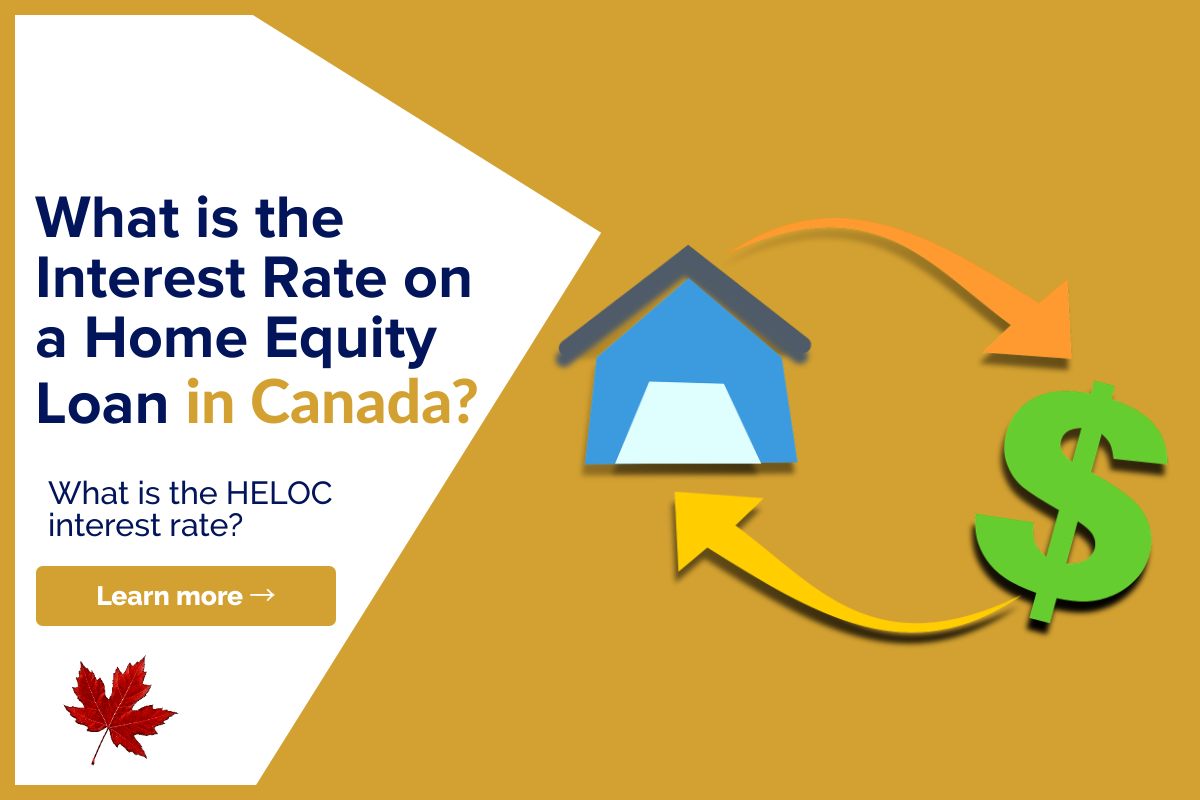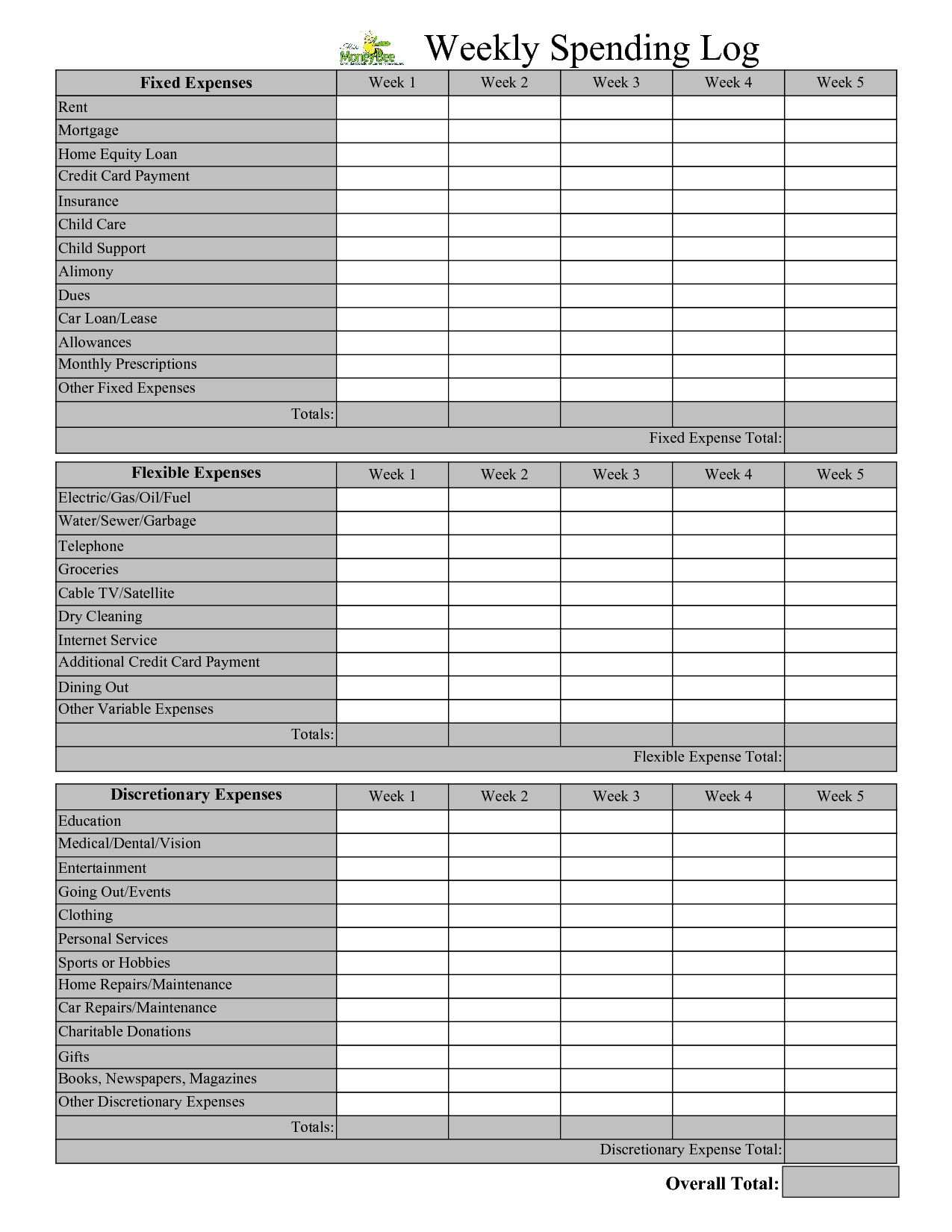Table Of Content

Some lenders will loan up to 85% or even more of a borrower’s equity if you have an excellent credit score and a strong financial profile. If you prefer to leave your home equity alone, you may qualify for an unsecured personal loan. The rates are often higher than home equity products, but you won’t have to worry about the lender foreclosing on your home if you default on your payments.
What Kind Of Interest Rate Can You Expect With A HELOC?
Home equity can be a powerful tool for homeowners needing to finance significant expenses. However, a traditional home equity loan might not always be the best or available option. Loan TermsThe starting APR is for a five-year loan term with a maximum loan amount of $500,000. Navy Federal does not charge application or origination fees on its home equity loans. Homeowners often choose equity loans as mortgage rates rise, making it important to understand how a home equity loan works before you decide to borrow.
Popular uses for home equity loans
Individuals with higher credit scores often benefit from lower interest rates. You may think it’s best to choose a shorter loan term, so you can pay off your debt faster. Remember, a 10-year term will have higher monthly payments than a 15- or 30-year term. Rocket Mortgage offers Home Equity Loans with 10- and 20-year fixed terms. Home equity loans provide borrowers with a large, lump-sum payment that they pay back in fixed installments over a predetermined period.
Pros and cons of home equity loans
Even though your home belongs to you, your lender secures the loan against the property until you’ve repaid in full. As of April 24, 2024, the current average home equity loan interest rate is 8.63 percent. Because your home is being used as collateral for the loan, lenders will not permit you to borrow more than the equity you have in your home. If you haven’t had your home appraised since you renovated it or property values have gone up in your area, it might be worthwhile to get an appraisal before you apply for equity financing. If your home has increased in value, you’ll have more equity to draw from and potentially a better chance of getting approved for a loan.
Discover: Best home equity loan lender for competitive rates
Of course, the amount of the loan and the rate of interest charged also depend on the borrower’s credit score and payment history. A home equity loan—also known as an equity loan, home equity installment loan, or second mortgage—is a type of consumer debt. Home equity loans allow homeowners to borrow against the equity in their homes. The loan amount is based on the difference between the home’s current market value and the homeowner’s mortgage balance due. Home equity loans tend to be fixed-rate, while the typical alternative, home equity lines of credit (HELOCs), generally have variable rates.
Our experts have been helping you master your money for over four decades. We continually strive to provide consumers with the expert advice and tools needed to succeed throughout life’s financial journey. Bankrate follows a strict editorial policy, so you can trust that we’re putting your interests first. In today's climate, there are a multitude of reasons why you may need access to funding. And if you own your home, a home equity loan could give you a way to tap into the funding you need with competitive interest rates.
Home equity loan vs. cash-out refinance
Right now, the average homeowner has nearly $300,000 in equity built up in their home. Of that $300,000 in equity, about $190,000 is tappable equity for the average homeowner, meaning it can be borrowed from with a home equity loan. In general, lenders will approve loaning up to a maximum of 80% to 85% of your combined loan-to-value (CLTV) ratio. When you sell your home, the investor gets its money back, adjusted up or down by a share of the change in your home’s value. Depending on the investor, you’ll typically have up to 10 years, 30 years or a lifetime to exit the agreement. Exiting means selling your home, refinancing it or tapping your savings to repay the investor based on your home’s value at that time.

Investment services
The interest on borrowing with your home equity is generally tax deductible if funds are used to improve the home. If you’re looking for a lump sum of money to help renovate your home, consolidate debt or cover another major expense, then a home equity loan might be a good option. Forbes Advisor compiled a list of the best home equity loan lenders based on their starting interest rate, average closing time and other factors pertinent to a satisfying borrower experience. Home equity loans also tend to have fixed interest rates, making it easier for borrowers to budget and plan for repayment.
The lender considers alternative credit data, such as rent and utility payments, when reviewing mortgage applications. Alternative credit data takes into account payments you make that are not traditionally included in credit reports. Bank of America offers lower-than-average mortgage rates and the convenience of applying in-person or online. Their Affordable Loan Solution mortgage requires a low down payment of just 3% and no private mortgage insurance, which can save budget-minded borrowers hundreds of dollars per month.
And if you leave or lose your job, the loan often must be repaid in full, which can put you in a difficult financial position. However, with this flexibility comes the temptation to overspend, and the variable interest rate on a HELOC can lead to higher costs if rates increase significantly over time. Instead of providing a lump sum, a HELOC establishes a line of credit that can be drawn upon as needed, up to a specific limit. The interest rate on a HELOC is usually variable, meaning it can increase or decrease over time, typically in line with prevailing interest rates. A HELOC is more flexible than a home equity loan, allowing homeowners to borrow as needed. Most home equity loan rates are indexed to a base rate called the prime rate, which is tied to the federal funds rate set by the Federal Reserve.
As with home equity loans and lines of credit, the funds are tax free because they're viewed as debt by the IRS, not income. This is typically between five and 20 years, though some lenders offer terms as long as 30 years. You can withdraw money from your HELOC at any time during the draw period defined by your lender.
How to get equity out of your house: 4 methods to consider - CNN Underscored
How to get equity out of your house: 4 methods to consider.
Posted: Mon, 01 Apr 2024 07:00:00 GMT [source]
For example, someone with a home that appraised for $500,000 with an existing mortgage balance of $200,000 could take out a home equity loan for up to $250,000 if they are approved. Home equity loans are generally a good choice if you know exactly how much you need to borrow and for what. You’re guaranteed a certain amount, which you receive in full at closing.


No comments:
Post a Comment